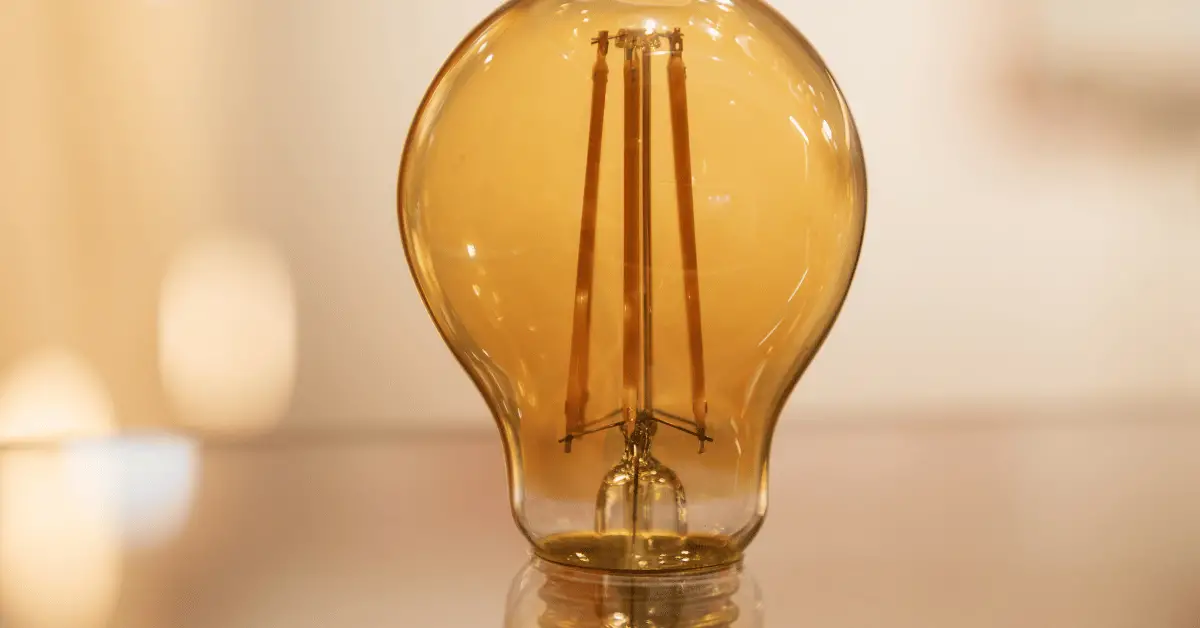When it comes to purchasing a projector for your home or office, one of the most important factors to consider is brightness. Projector brightness is measured in lumens, and it is crucial to select a projector with the appropriate lumen rating for the environment in which it will be used. In a bright room, a projector with a higher lumen rating is necessary to produce a clear and vivid image. In this article, we will discuss how many lumens you need for a bright room projector, and factors that should be considered when selecting the appropriate lumen rating for your projector.
Table of Contents
What are Lumens and Why are they Important for Projectors?
Lumens are a measure of the total amount of light that a projector produces. The more lumens a projector has, the brighter the image it can produce. Lumens are especially important if you plan on using the projector in a bright room, as the ambient light can wash out the image if the projector is not bright enough.
How Many Lumens Do I Need for a Bright Room Projector?
The number of lumens you need for a bright room projector depends on a few factors, including the size of the room, the ambient light, and the screen size. In general, you will need a projector with at least 3,000 lumens for a bright room.
If you plan on using the projector in a larger room or a room with a lot of ambient light, you may need a projector with even more lumens. For example, if you plan on using the projector in a conference room or outdoor setting, you may need a projector with 5,000 lumens or more to produce a bright and clear image.
Other Factors to Consider When Choosing a Projector
In addition to lumens, there are several other factors you should consider when choosing a projector:
- Resolution: The resolution of a projector determines the sharpness and clarity of the image. For a bright room projector, you will want a projector with a higher resolution, such as 1080p or 4K.
- Contrast Ratio: The contrast ratio of a projector determines the difference between the brightest and darkest parts of an image. A higher contrast ratio will result in a more vibrant and dynamic image.
- Throw Ratio: The throw ratio of a projector determines how far the projector needs to be from the screen to produce a certain image size. If you have limited space, you will want a projector with a shorter throw ratio.
- Lamp Life: The lamp life of a projector determines how long the projector will last before the lamp needs to be replaced. Make sure to choose a projector with a long lamp life if you plan on using it frequently.
FAQ
Q: Can I use a projector with lower lumens in a bright room?
A: While it is possible to use a projector with lower lumens in a bright room, you may not get the best image quality. The projected image may appear washed out or hard to see in a well-lit room.
Q: Is it better to have higher lumens for a projector?
A: It depends on the environment where the projector will be used. For a bright room, higher lumens are generally recommended for better image quality. However, for a darker room, a lower lumen projector may be sufficient.
Q: Can I increase the lumen output of a projector?
A: No, you cannot increase the lumen output of a projector once it has been manufactured. However, you can try to improve the brightness of the projected image by adjusting the projector settings, such as the contrast, brightness, and color settings.
Q: Is it necessary to have a projector screen for a bright room?
A: While a projector screen can improve the image quality, it is not always necessary. In a bright room, a white wall or a light-colored surface can be used as a makeshift screen.
Q: Can a projector with high lumens damage my eyes?
A: No, a projector with high lumens does not pose any harm to your eyes as long as you do not stare directly into the light source. However, it is always recommended to take breaks and avoid prolonged exposure to bright lights.
Conclusion
In conclusion, choosing the right projector brightness is essential for an optimal viewing experience in a bright room. The brightness you need depends on various factors such as screen size, ambient light, and screen gain. By considering these factors and calculating the required lumens, you can easily determine the brightness needed for your projector. It’s always recommended to opt for a slightly higher lumen count than required to avoid any compromise in image quality due to ambient light. With the right projector brightness, you can enjoy your favorite movies, sports, and games in a bright room without any hassle.

